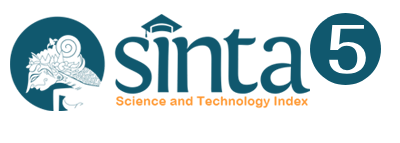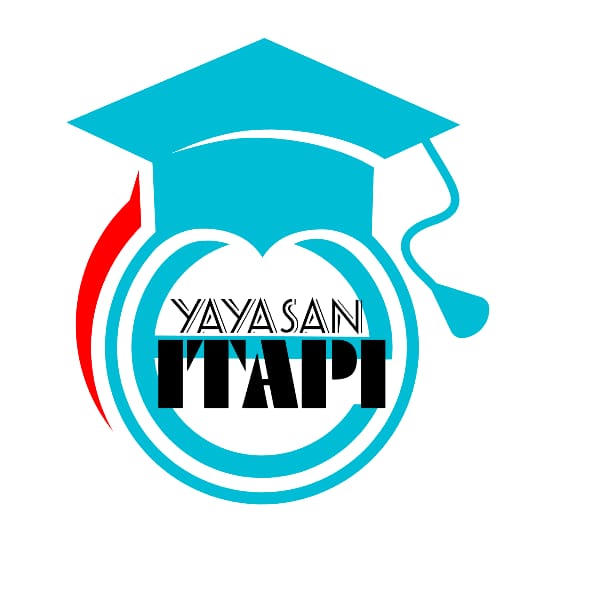The The Teachers' Perception towards the Use of Google Translate as a Translation Tool
DOI:
https://doi.org/10.52187/rdt.v3i1.85Keywords:
Google Translate, Teachers' Perception, Translation ToolAbstract
This study aims to determine teachers' perceptions of the use of Google Translate as a translation tool. The problem of this study is to explain the teachers' perception towards the use of Google Translate as a translation tool. This study uses qualitative descriptive as the research method. The data of this study uses Questionnaire and Interview. The subject is the teachers at Hikmatul Fadhillah and there are 23 teachers. The results of this research showed that teachers can get translation results quickly and easily from Google translate. Almost all teachers realize that Google translate as a translation tool could not be a good tool because the grammar of the translation results is inappropriate. Although this application has weaknesses, teachers still have a positive perception of its use. It is found that all respondents stated they had positive perceptions towards the use of Google translate as a translation tool. Furthermore, the accuracy of Google Translate makes teachers continue to learn and practice grammar while also increasing their translation skills.
References
Amanda, A. P. T. (2019). Students’ perception of using google translate as a medium of translating english (Doctoral dissertation, UMSU).
Brey, P. (2009). Philosophy of Technology Meets Social Constructivism: A Shopper’s Guide. In Readings in the Philosophy of Technology, 2nd ed. Edited by David M. Kaplan. Lanham: Rowman & Littlefield Publishers, pp. 268–324.
Creswell, J. W., & Creswell, J. W. (1998). Qualitative inquiry & research design: Choosing among five approaches (2nd ed). Sage Publications.
House, J. (2009). Translation. Oxford: Oxford University Press.
Lincoln, Y. S., & Guba, E., G. (2000). Paradigmatic controversies, contradictions and emerging confluences. In N. K. Denzin & Y. S. Lincoln (Eds.), Handbook of Qualitative Research (2nd ed., pp. 163-188). Thousand Oaks, CA: Sage Publications, Inc.
Mahardika, R. (2017). The use of translation tool in efl learning: do machine translation give positive impact in language learning? Pedagogy : Journal of English Language Teaching, 5(1), 49.
Miles, M. B., Huberman, A. M., & Saldaña, J. (2018). Qualitative data analysis: A methods sourcebook. Sage publications.

















